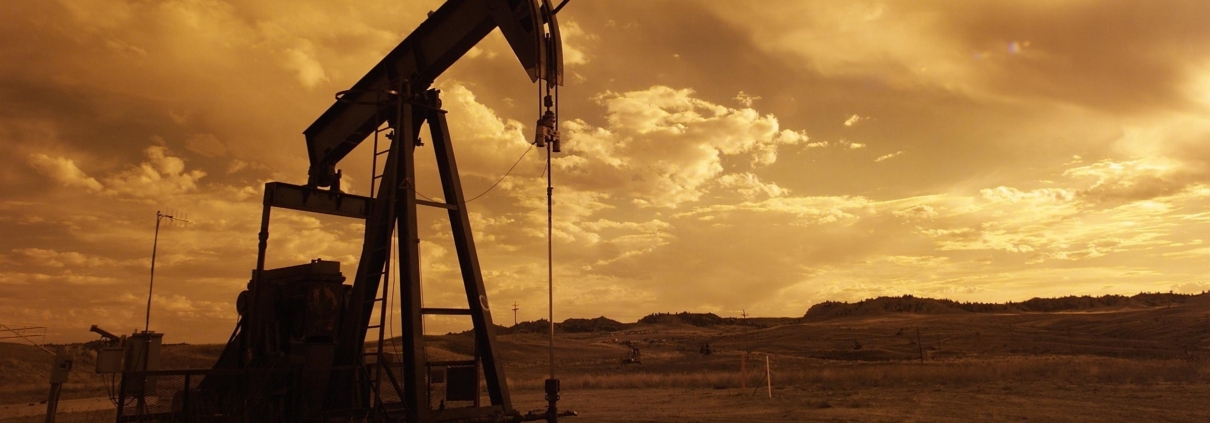Delving in Together: Government Keeps Governing, Even in a Crisis
In public affairs, what you don’t know can hurt you. As we are bombarded with so much information during the coronavirus pandemic, it can be hard to keep track of it all. That is why, now more than ever, Delve is committed to helping government relations professionals maintain an information advantage, even as COVID-19 overshadows other developments that would typically be front page news.
Because the analysts here at Delve are dedicated to ensuring you don’t miss anything that matters to your interests, we wanted to fill you in on what is been happening inside governments – outside of their COVID-19 response. While we might all be stuck inside for a few weeks more, at every level and in every jurisdiction, governments are still governing, courts are still ruling, and advocates are still making their cases. One need look no further than the energy and environmental policy arena to see just how much governments have continued to do even in the midst of a global pandemic.
We have been tracking these under the radar issues to understand the changes governments have made that affect energy and other companies so that you, too, may anticipate what could lay ahead for your industry.
Subscribe to Receive Insights
"*" indicates required fields
- Keystone XL Pipeline Court Drama Continues: Last week, a federal judge invalidated a critical permit for construction of the long-awaited Keystone XL Pipeline. Chief Judge Brian Morris of U.S. District Court for Montana ruled that the Army Corps of Engineers “failed to consult the Fish and Wildlife Service to see if the updated nationwide permit would endanger animals and plants protected by the Endangered Species Act,” Politico reports. The permit, which the Corps had renewed in 2017, would have allowed pipelines, cables, and other utility lines to make multiple crossings of federally protected waters without a lengthy individual review of each maneuver. Environmental activists are celebrating this ruling as yet another obstacle they’ve successfully imposed on TransCanada in its 15-year battle to construct an oil pipeline from Alberta, Canada to southeast Texas. Jared Margolis, a senior attorney with the Center for Biological Diversity, said the ruling “makes it clear that the Trump administration can’t continue to push dirty fossil fuel pipelines while ignoring the devastating impacts they have on the environment,” but project backers say they’re as determined as ever to take it across the finish line.
- Energy & Utility Regulatory Changes on the Horizon: Federal regulators at the Pipeline and Hazardous Materials Safety Administration (PHMSA) announced last week that they plan to scale back some inspection and reporting rules for oil pipelines in efforts to alleviate the regulatory burden on oil companies. PHMSA says their rule changes would “clarify reporting requirements for pipeline inspections, streamline rules for oil spill response plans, and relieve some accident reporting requirements,” Morning Energy reports. Environmental activists aren’t happy with PHMSA’s plan, and they have until the public commenting period closes on June 15th to rally their forces in opposition to the proposed regulatory reform. Meanwhile, the Federal Energy Regulatory Commission (FERC) announced in mid-March that it has opened a new rulemaking docket to improve how it sets incentives for building transmission lines. In its announcement, FERC explained it wants to establish a new cost-benefit analysis that would help the commission quantify the return on equity (ROE) given to transmission builders. FERC Chairman Neil Chatterjee says this new system will transition the commission from its “risks and challenges” approach to one “based upon benefits to consumers: ensuring reliability and reducing the cost of delivered power by reducing the cost of congestion.” Comments are due 90 days after the proposal was published in the Federal Register.
- Back to Frack … Or Not? In March, a federal judge upheld the Trump Administration’s repeal of an Obama Administration rule that regulated hydraulic fracturing on public lands. According to Politico, Judge Haywood Gilliam of the U.S. District for Northern California accepted the argument from the Trump Administration, which “argued that the fracking rule unnecessarily duplicated state regulations and burdened the oil and gas industry with ‘unjustified’ costs.” This ruling is a major blow to environmental activists who had received support from California and other states in their never-ending quest to stop hydraulic fracturing. However, activists saw a win in Michigan, where their nearly two-year-long fight to put a fracking ban on the November 2020 ballot won the latest round in an ongoing court battle.
- More than Hot Air On April 1, 2020, the EPA confirmed it plans to allocate $22 million in funding to the study of “carbon capture.” The agency endeavors to discover a way to remove carbon dioxide directly from ambient air. The project is a collaboration between the Department of Energy’s (DOE) Office of Science and DOE’s Office of Fossil Energy, and it will “span the spectrum from fundamental research in materials and chemical sciences to field testing of prototypes,” according to Daily Energy Insider.
- EPA Advances Changes to Air and Water Rules: The EPA announced last week that it has changed its Mercury and Air Toxics Standards (MATS) rule to provide relief for four struggling Rust Belt coal plants. The modification will help coal production facilities in Pennsylvania and West Virginia by allowing them to burn low-quality coal refuse, “waste abandoned from years of mining and burning coal in their states.” According to Utility Dive, “these plants did not meet acid gas and hazardous air pollutant emissions standards” set by the Obama Administration, “but on April 9, the [Trump Administration] EPA issued a final rule creating a subcategory for those plants.” Meanwhile, the Trump Administration published its Navigable Waters Protection rule to the Federal Register, so the 60-day clock is well underway for public commenting on the proposed measure. The proposed changes, which narrow the number of streams and wetlands protected under the Clean Water Act, is expected to draw widespread criticism and even lawsuits from blue state governors and environmental activists.
- States Advance Climate Goals: Oregon Gov. Kate Brown issued a “cap and reduce” executive order to fight climate change after Republicans in the legislature successfully prevented passage of a “cap and trade program.” Oregon Public Broadcasting noted the order “contains ambitions that are at once equal to and much broader than that bill.” On the solar front, Massachusetts enacted new rules to help the state “meet its climate goals and help the solar industry as it deals with the fallout from the coronavirus pandemic.” The new regulations for the Solar Massachusetts Renewable Target (SMART) program will “double its capacity, expand eligibility criteria for low-income solar projects, and encourage the adoption of energy storage technology,” WBUR reports. And in Virginia, the new Democratic majority in the legislature “narrowly passed sweeping legislation designed to overhaul how the state’s utilities generate electricity.” The Clean Economy Act codified the “100 percent carbon-dioxide-free energy goals outlined in an executive order from Gov. Ralph Northam in September 2019” and effectively eliminates the oversight authority of the state’s corporate commission over the regulation and approval of electric utilities and directs the state to rely exclusively upon renewable energy by 2050.
This small sampling demonstrates how government’s constant stream of activity never stops affecting industries. Leaders in the energy and utilities fields, especially those dedicated to public affairs and government relations, must remain vigilant as the ever-changing landscape morphs even in the midst of lockdowns during a global health crisis — and so, too, must professionals representing all industries, as no sector is immune to the kinds of judicial, legislative, and regulatory actions detailed above.
Need help navigating these uncertain times? We’re here for you. Simply reply to this email, and we’ll be happy to help you think through how best to tackle current challenges while preparing for future ones, too.



